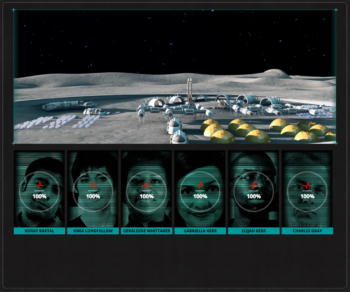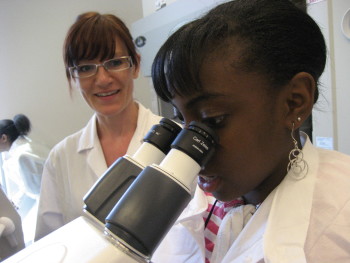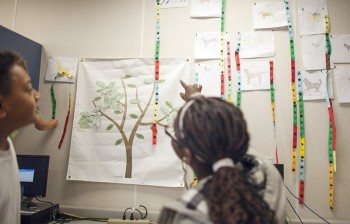Rockman et al has served as an external evaluator and research partner for several successful NIH SEPA proposals, including the selected examples below.
Per the NIH solicitation for 2018, the Science Education Partnership Award (SEPA) program supports pre-kindergarten to grade 12 (P-12) and informal science education (ISE) activities that: (1) enhance the diversity of the biomedical, behavioral and clinical research workforce and (2) foster a better understanding of NIH-funded biomedical, behavioral and clinical research and its public health implications.
Please contact us for a free consultation to discuss your project proposal!


